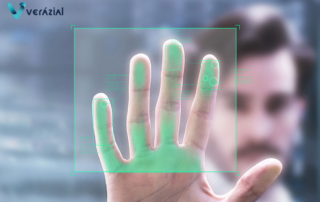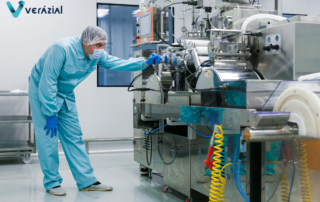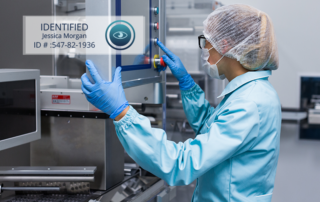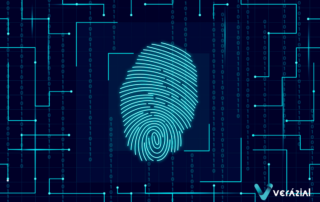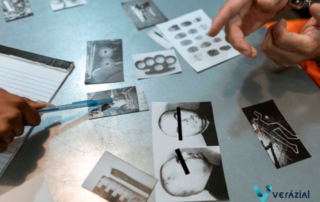Patient Identification Wristbands: Are they enough to ensure Patient Safety?
Correct patient identification is essential to avoid errors that compromise patient safety. While patient ID wristbands are a common method, they have limitations. The integration of biometric technologies offers a precise and reliable solution that complements and enhances security in identification processes, ultimately improving the quality of medical care.



